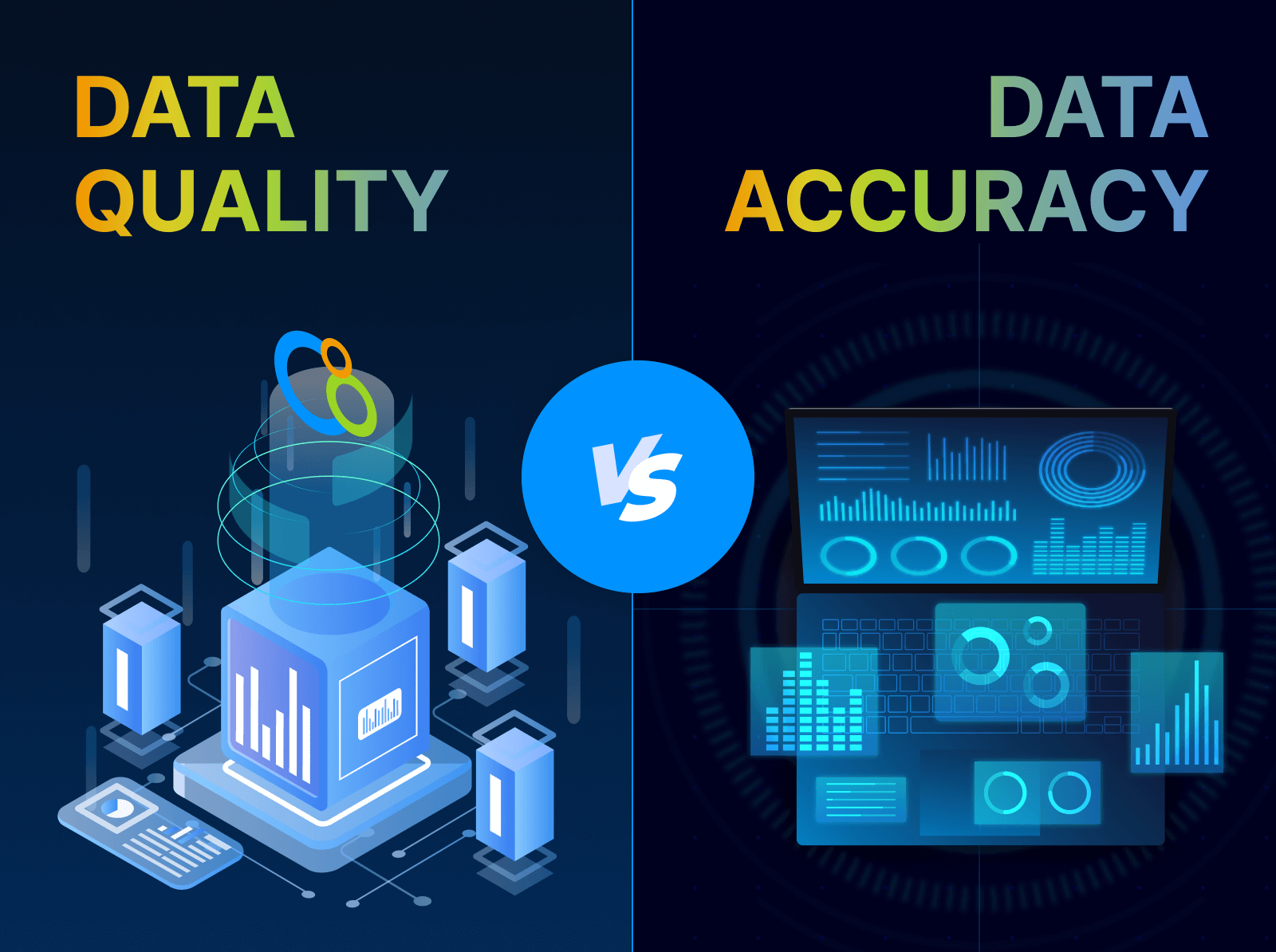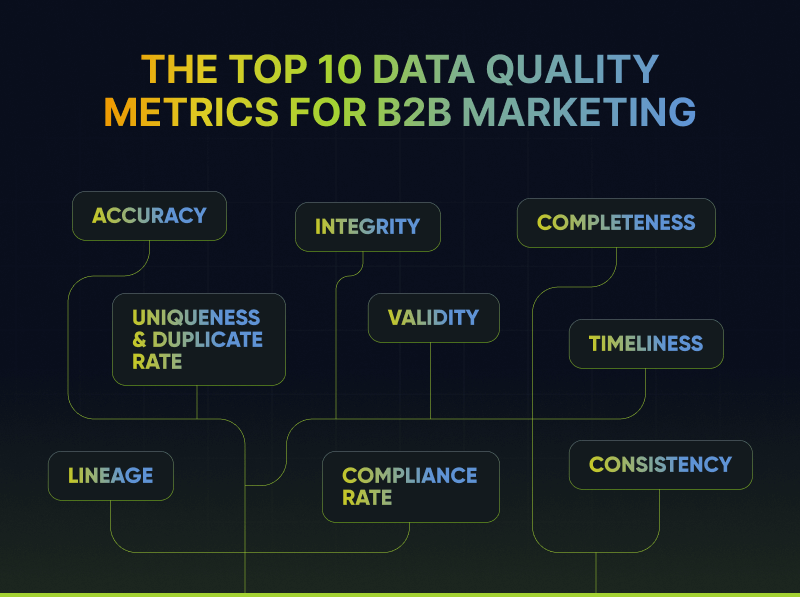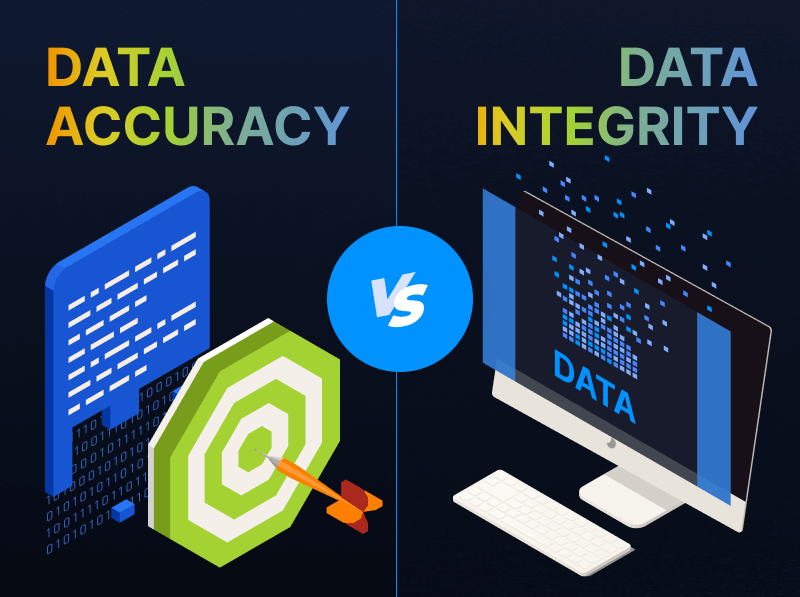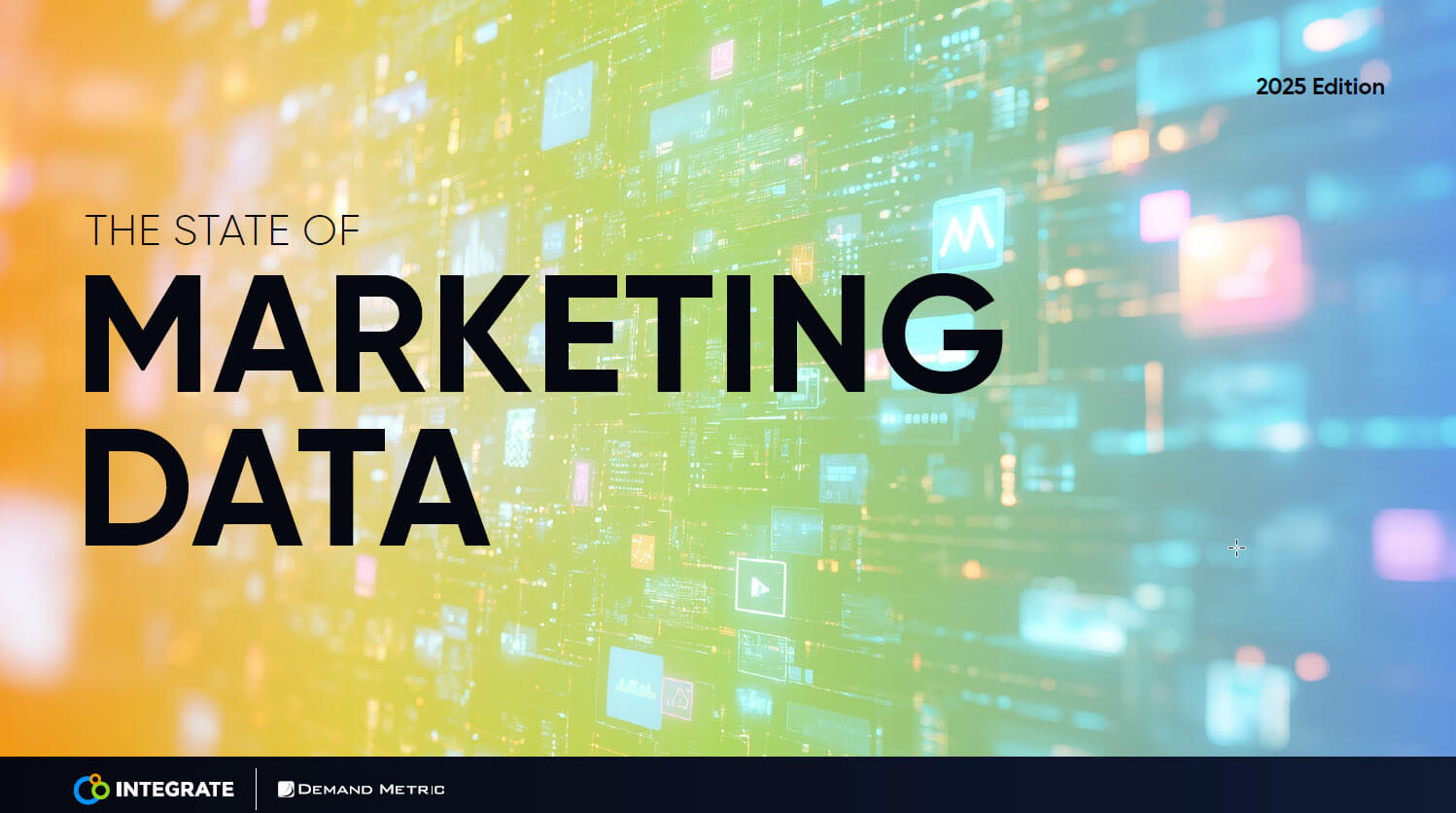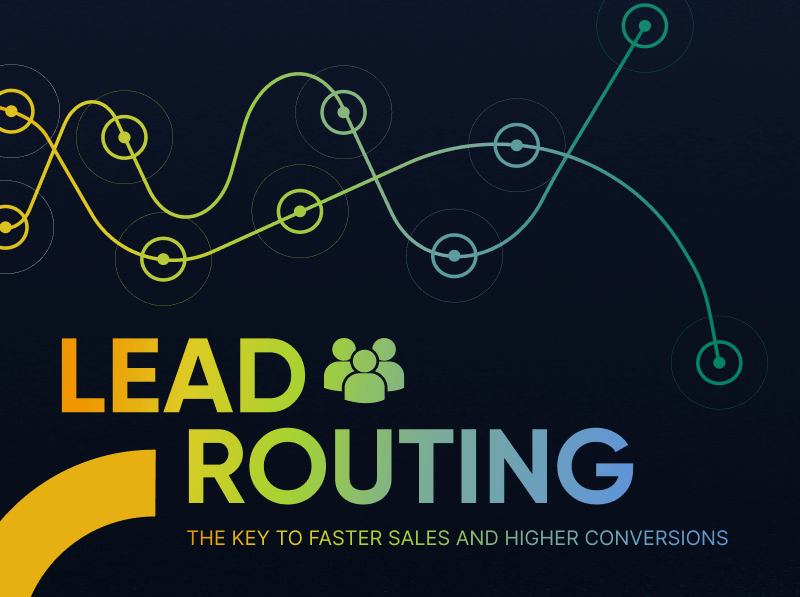Demand Generation vs. Demand Fulfillment: What’s the Difference?
A lot of marketing terms are important concepts for demand generation marketers to understand and adopt. Others are just jargon – trending language that only matters to a select few.
While not every marketing term has lasting value, it’s important to understand the terms with relevance. Understanding the language of thought-leaders and forward-thinking marketing pros can be beneficial to adopting the right demand generation techniques.
Demand Generation vs. Demand Fulfillment
Two terms that are frequently confused are demand generation and demand fulfillment. They’re both important. However, they’re very different concepts that shouldn’t be used interchangeably.
What is Demand Generation?
Demand generation is an discipline to B2B marketing which focuses on driving knowledge of and creating desire for a company’s products or services throughout the customer lifecycle. This practice can involve a wide range of techniques: engaging new audiences, acquiring lead data, converting leads to prospects, nurturing prospects into opportunities, retaining business and even upselling/cross-selling current customers.
This discipline is different from other B2B marketing practices; the success of a demand generation program is determined by a variety of metrics that may require close collaboration between marketing, sales and customer success. These metrics include lead quality, lead velocity, pipeline value and marketing’s revenue contribution.
Demand marketers often use a variety of strategies (e.g., account-based marketing), channels (e.g., display, third-party lead gen, events, etc.) and tactics (e.g., programmatic display, account-based lead generation, event case study sessions, etc.) to generate interest throughout the customer lifecycle.
Let’s use it in context: The demand generation campaign exceeded the B2B marketer’s KPIs for Q1 2018 with regard to three metrics: marketing-qualified leads, sales-qualified leads and marketing-influenced opportunities / sales pipeline.
What is a Demand Fulfillment?
Demand fulfillment is a business term which describes the process of meeting a customer’s demand for product or services by fulfilling their request.
- A B2B marketing agency may fulfill demand by creating campaign materials.
- A media company or lead gen provider may fulfill demand by achieving a CPL campaign’s lead volume and pacing requirements.
- A software-as-a-service firm might fulfill demand by providing a subscription to a web app.
- A manufacturing organization could fulfill demand by building products to specifications.
Fulfillment is exactly what it sounds like – delivering on a customer’s expectations in the form of products or services, and ideally satisfying the customer in the process. Demand fulfillment isn’t (only) a B2B marketing term, even though it’s an idea that matters in full-funnel marketing.
What’s the Difference?
Ultimately, there are quite a few differences between demand generation vs. demand fulfillment, since they’re very different actions that involve very different business functions. However, one of the biggest ones is this: demand generation isn’t for every business.
Demand fulfillment is a necessary action for any business that wants to survive. Demand generation is a marketing practice used by B2B organizations, and in very rare cases, some B2C organizations with long sales cycles such as home mortgage lenders.
Are you sure demand gen is NOT demand fulfillment?
Some marketers argue demand fulfillment starts in the consideration phase of the sales cycle. TaeWoo Kim, CTO at One Smart Lab once made the case that if a customer is searching for your website, you’ve already generated demand and you’re fulfilling their request by having a website.
With that said, we’re of the camp that demand generation and demand fulfillment aren’t the same and don’t have significant overlap. Here’s why: The term “demand fulfillment” has been used in academic and business contexts in a consistent way for a long time, and demand generation success is not defined by leads generated.
Christoph Kilger, a partner at Ernst & Young, and Dr. Herbert Meyr, an academic supply chain management director, published the seminal definition of demand fulfillment in 2008 in Supply Chain Management and Advanced Planning as: “how the actual customer demand is fulfilled.”
This definition is still used most commonly today.
If your idea of demand generation begins and ends with generated awareness, you’re probably doing it wrong. Demand marketing challenges today aren’t just about lead generation. They’re about adopting a full-funnel mindset, aligning with sales, scaling, developing automation and using key performance measurements to optimize.
Demand marketers are responsible for a whole lot more than awareness.
More Than Building Awareness
Do B2B marketers need to add the term “demand fulfillment” to their marketing strategy? Not necessarily. However, creating demand with campaigns and content requires an understanding of demand fulfillment, and how your brand stacks up to the competition.
Ultimately, these terms are not synonymous. You can do demand fulfillment, and then you can do demand generation. But, if you want to drive the best results, you should probably do both.





